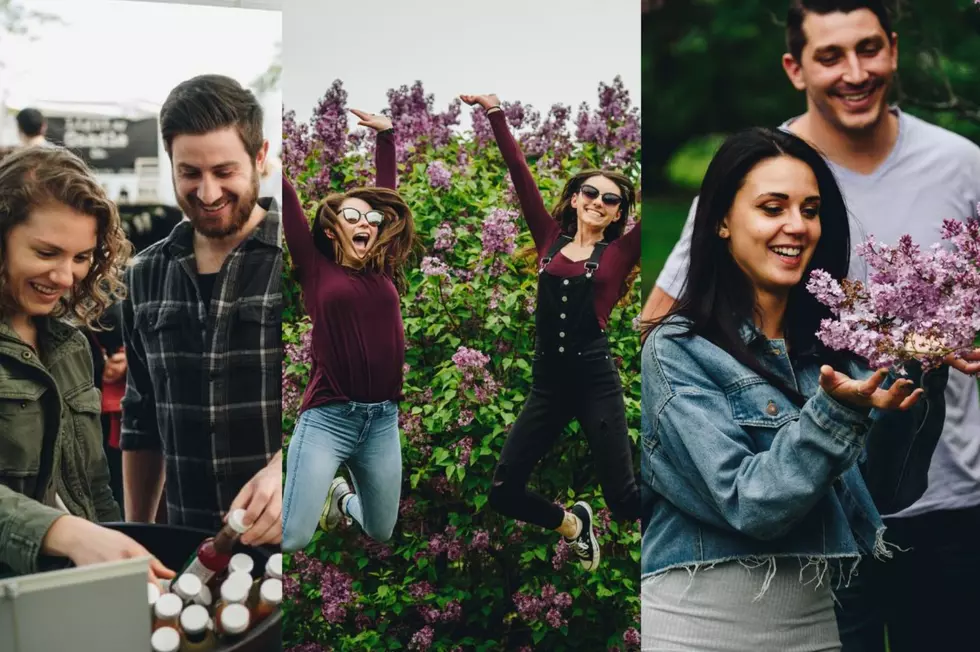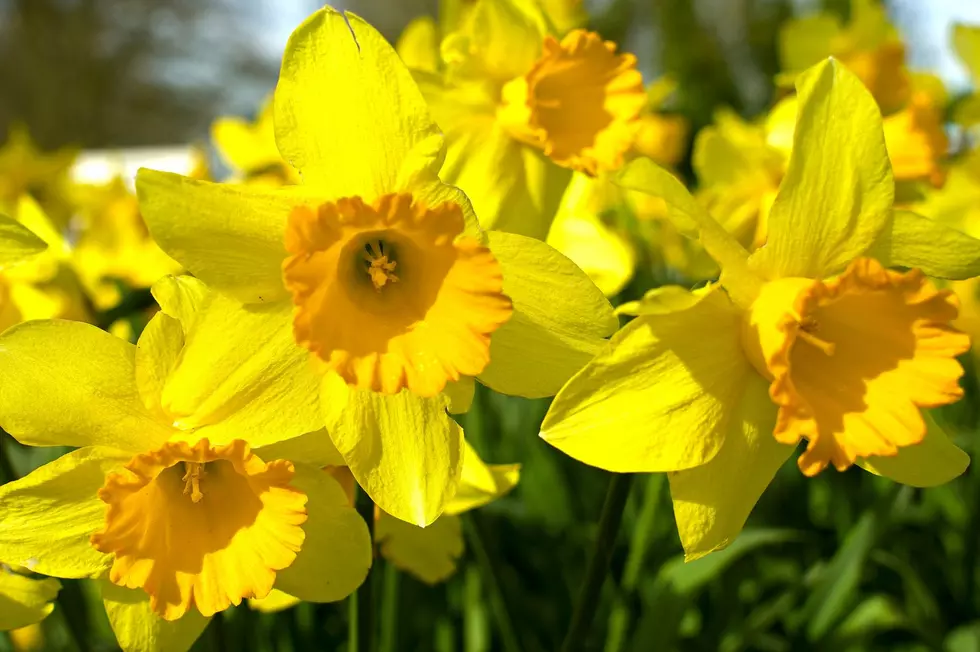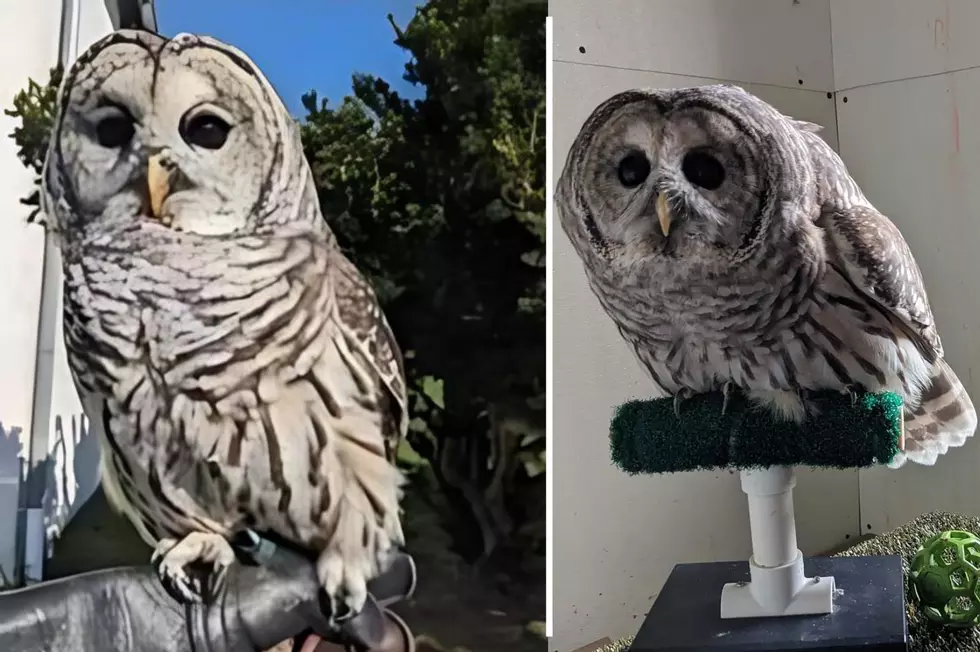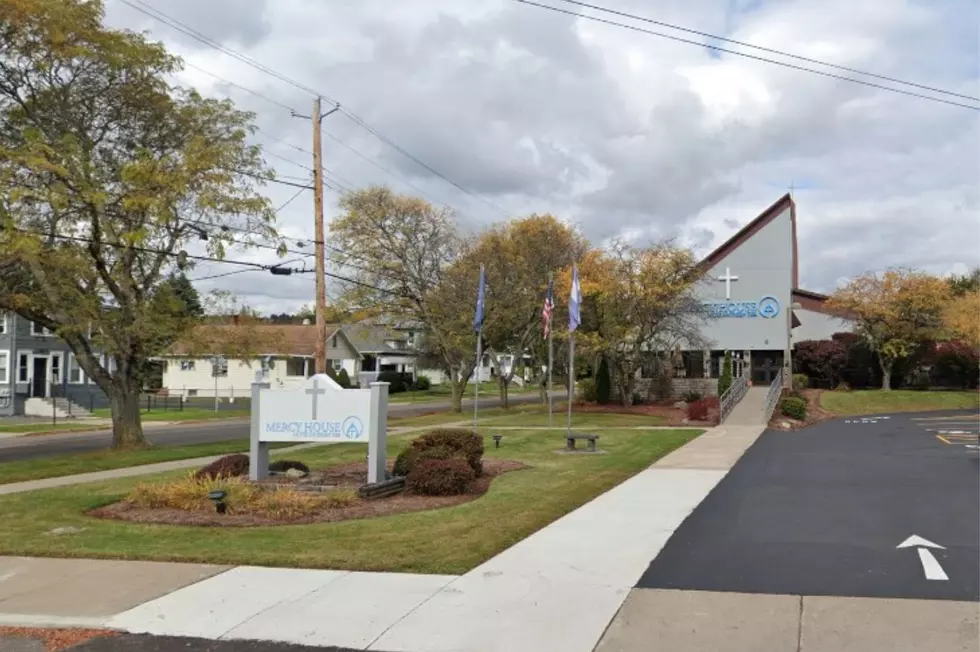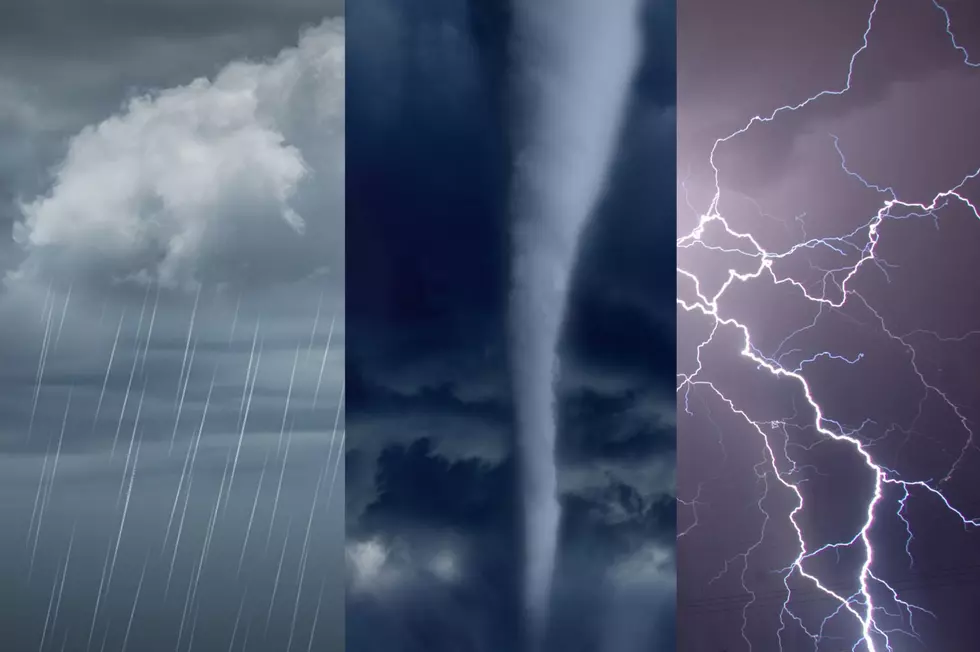
Old Seeds-New Dirt and Spring Planting
I have a rather large garden in my yard in Binghamton. Every spring, I recall my Mom's veggie garden on the west side and taking most of Mother's Day weekend to plant her fresh picked plants that she would by at her favorite greenhouse in Endicott. Now that I live in the country, I have even more room so to save money, I start 98% of my plants by seed.
Usually I have things more planned than I do this year but with all the snow we've received I just haven't been in to it as much. Now that the snow is melting and it's mid March, it's time to get serious. Going through seed catalogs is fun to me but I found out a little secret that you may not know about concerning seeds.
If you have seeds left over from last year, you can save even more money than you thought. The shelf life of seeds is greater than you may realize. Chances are, with a few exceptions, you can still plant those left over seeds for this year's garden!
The seeds with the shortest shelf life are: onions, beans, peas, corn, grains. The ones with the longest shelf life are: broccoli, cabbage, radish, tomatoes, peppers, eggplant, zucchini, watermelon and pumpkin.
Note that onion and pea seeds lose about 50% germination by the second year. It’s a good strategy to use most of those up each year or store them in the freezer when you’re not planting. Tomato seeds seem to last forever. I've had luck with tomato seeds that are over 5 years old. The secret is to keep them in a cool dry place. I keep mine in envelopes in a drawer in my (unheated) garage.
Here's a quick look at the shelf life of most seeds:
1 year: parsnip, leek, onion, chive
2 years: parsley, corn, okra
3 year: peas, carrots, asparagus, beans, basil, dill, fennel
4 years: brussels sprouts, pumpkin, squash, beets, peppers
5 years: cabbage, broccoli, celery, cukes, endive, kale, rutabaga, spinach, lettuce, melons, radish
Good luck and let me know how you did.
More From 98.1 The Hawk

